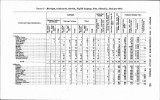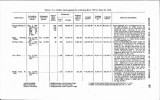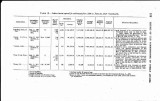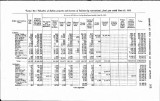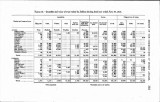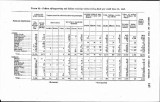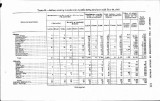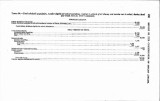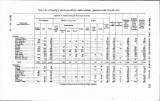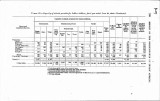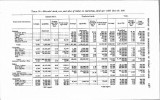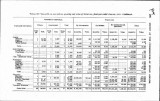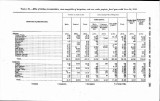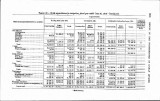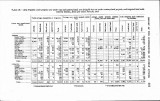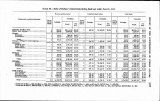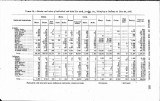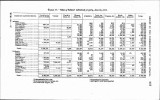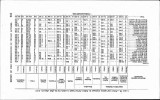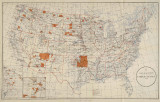| OCR Text |
Show REPORT OF THE COMMISSIONEB OF INDIAN AFFAIRS. 19 shipment was being made, these officers set out to intercept, seize, and destroy it after it crossed the State h e . The drivew were arrested, searched, and three loaded revolvers taken from them, Two loads of liquof had been destroyed and the greater part of the third, when OBicer Mayfield went over to the fourth and commenced destroying its contents. An automobile came from the direction of the Kansas line at a rapid rate of speed, set the emergency brakes directly opposite the wagon upon which Mr. Bowman wes standing, and one of the occupants opened h e with a shotgun. Mr. Bowman was killed, Officer Mafield received three slight wounds, and an onlooker was shot in the right breast. The State authorities of Kansas and Oklahoma were asked to take immediate action, and the United States attorney at Muskogee immediately brought action against these parties. Two of them have been found guilty in the Federal court on the charge of conspiracy to deprive an officer of the rights guaranteed him by the Constitution. DIFFICULTIES OF THE LIQUOR SERVICE. The officers engaged in the work of suppressing the liquor trafic among the Indians are called upon to face situations which require the special exercise of tact and judgment; they must handle the bootlegger on the one side, and the Indian and the witnesses on the other; they must conduct their operations so as to get results and yet endeavor not unnecessarily to antagonize the best men of the local oommunity or create a sentiment against their work. The Oklahoma situation is a striking example of the risks that the officers must take, and it is therefore essential that these men should be encouraged and afforded every possible personal safeguard. Congress (37 Stat. L., 519) extended to these officers the powers conferred by section 788 of the Revised Statutes upon marshals and their deputies. This also , applies to all persons working under the supervision of the chief special officer "whose appointments are made or affirmed by the Commissioner of Indian Affairs or the Secretary of the Interior!' USE OF LIQUOR -0NG EXPLOYEES. ( It has been found in some instances that white employees of the Indian Service have introduced liquor upon reservations under 1 1 physicians' prescriptions, and although possibly none of this liquor found its way to Indians it was a direct violation of the law and guilty persons have been prosecuted. To stop absolutely this prm tice an order was issued to employees strictly forbidding the use by them of intoxicants even under physicians' prescriptions, and regula-tions were issued, after securing permission from the War Depart-ment, to govern Indian Service physicians in the use of ethyl alcohol for medicinal and scientific purposes among the Indians and employees of the Government. |






























































